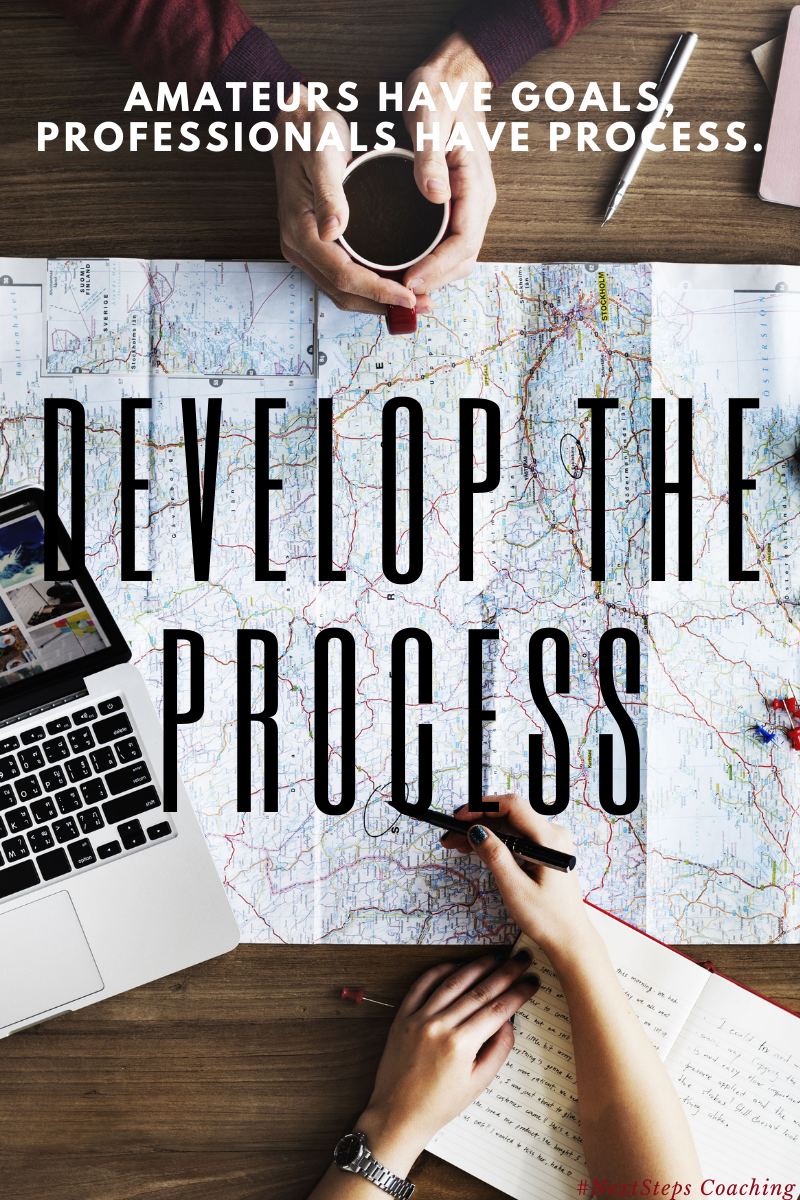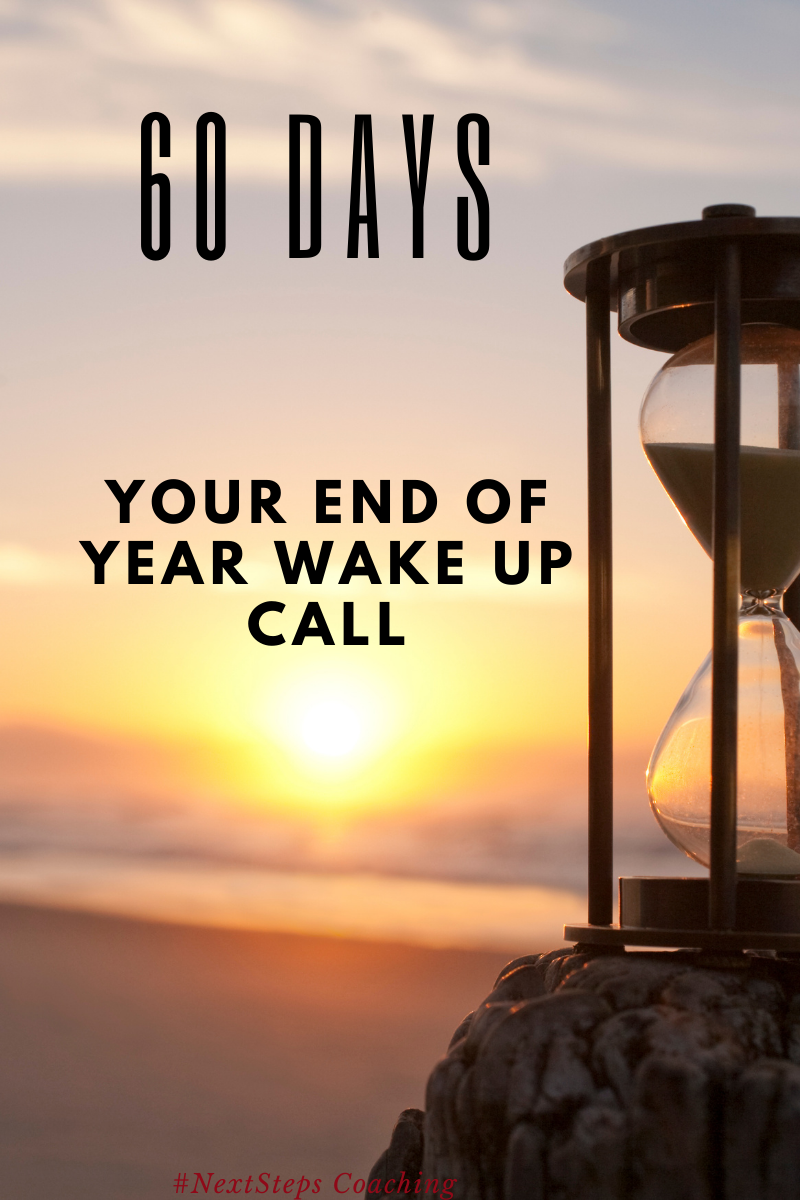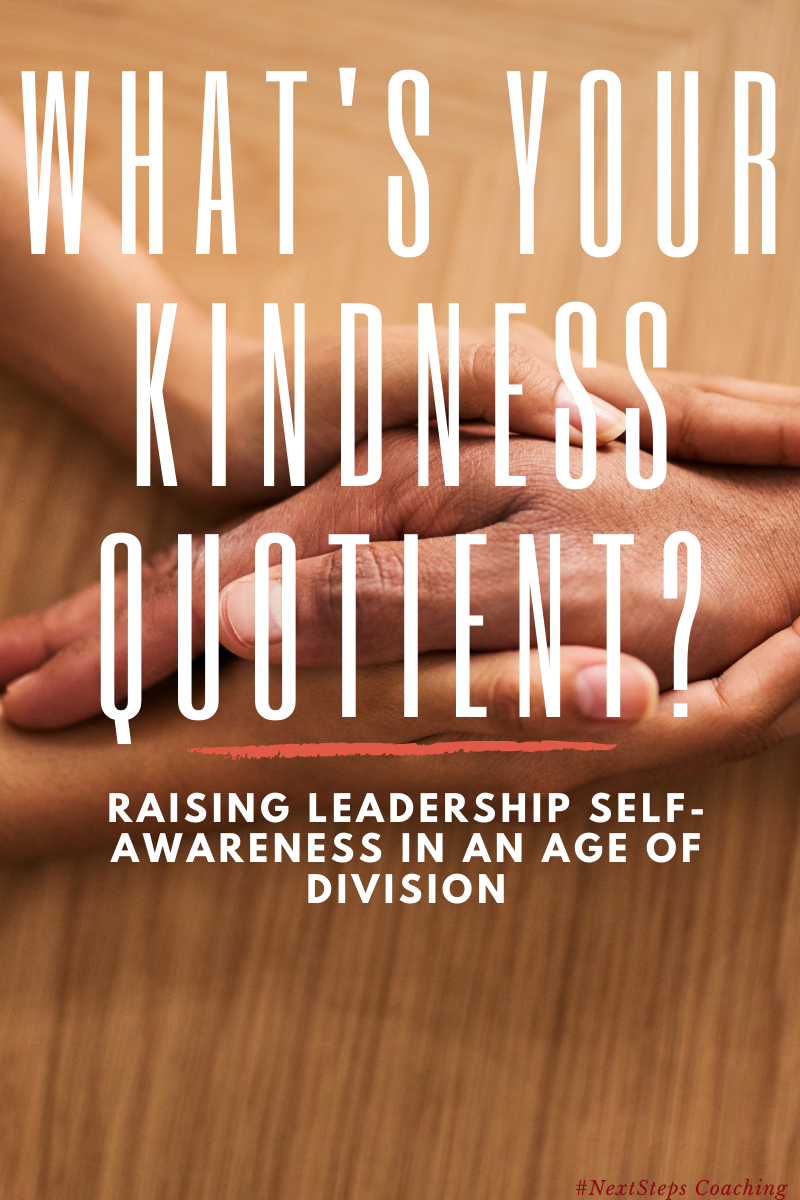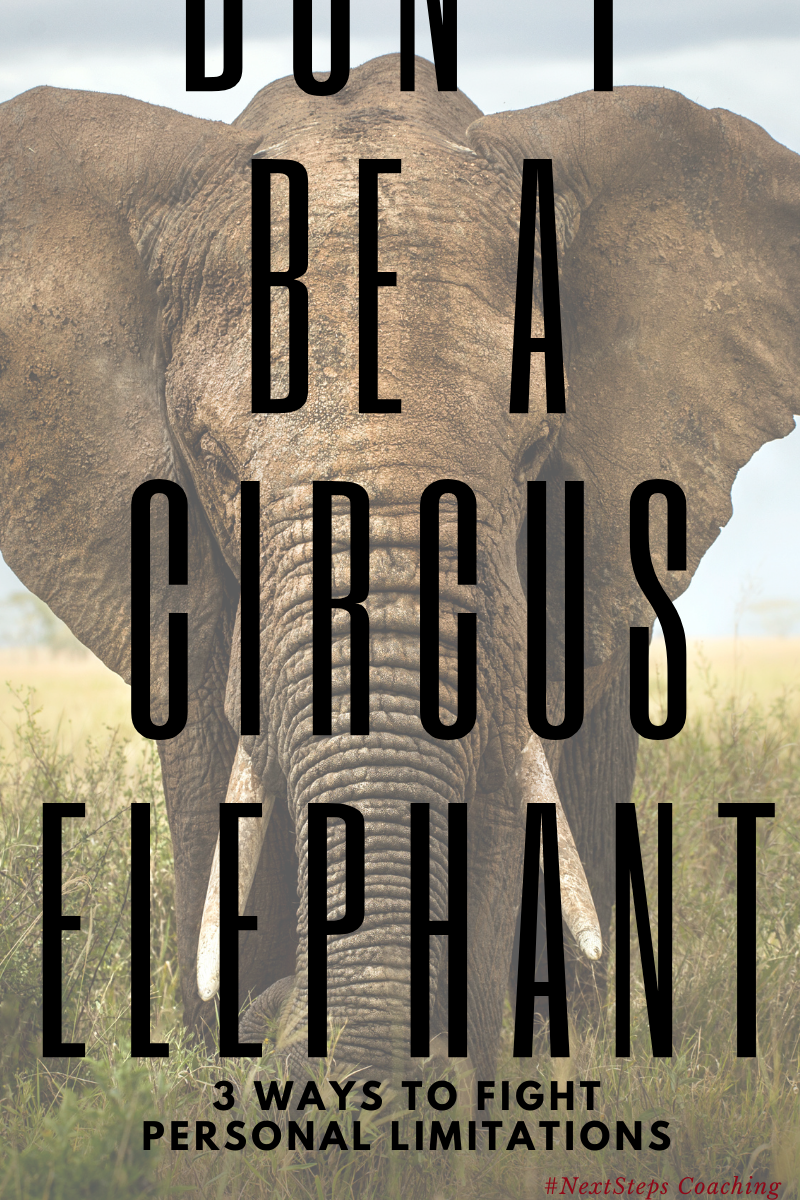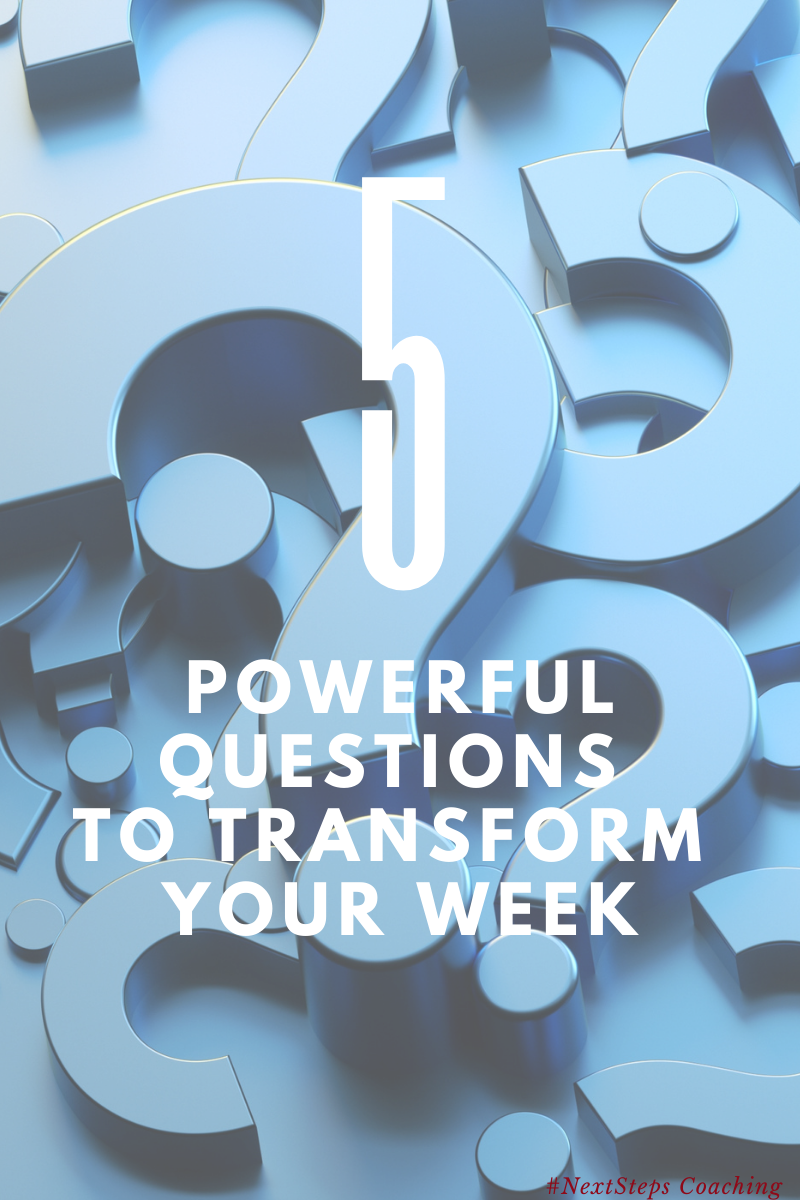
Every Monday, I spend time in an intentional review process. By asking myself five powerful questions, I can radically transform my intention and direction for the week. These five powerful questions keep me focused and directed on my long-term goals.
The Weekly Review
The weekly review process is one I implemented several years ago when I started using Michael Hyatt’s Full Focus Planner (here’s a link to a video series I did walking through everything). If I’m honest, at first, I found it tedious. Then, I went through a phase of outright rejection. Finally, I committed myself to the process.
Now, it’s something I can’t live without. 
Setting aside time every week to track my goals, check in with myself, and stay grounded in what matters most has radically transformed my life.
As a result, I’ve created five powerful questions that help summarize the process of review that I do every week.
5 Powerful Questions
1.) What happened?
I start with what was. What happened last week that I need to be aware of? Was there anything of significance? How did I do on my goals? What targets did I miss, and what tasks did I fail to do?
I don’t spend a lot of time here, but the weeks are so busy and full of stuff that it can be helpful for me to remember what happened as I plan my new week.
2.) What is happening?
Now I start to look forward. What is happening this week? Where are my meetings? Who am I trying to connect with? Is there anything unique or special that I agreed to months ago that I have forgotten about?
As a calendar-driven person, I sometimes make appointments weeks in advance. They get written down when I make the appointment, but it’s common that it slips my mind after that. Spending time every week looking ahead refreshes my memory and allows me to be prepared.
3.) Who do I need to be?
I’m a big believer that we don’t so much chase goals as we chase being the person capable of handling those goals. It’s a subtle difference, but here’s an example:
I want to have a strong, healthy, vibrant marriage.
This is a goal. I might even attempt to define it better by making it a S.M.A.R.T.E.R goal, but it’s a goal.
Contrast it with the following statement:
I want to be the type of person that can have a strong, healthy, vibrant marriage.
Small difference, but a big change.
One is focused on an end result. Great! I’ve got a good marriage!
The other focuses on the continual growth process. How do I get an even better marriage this week?
By focusing on the type of person I need to be in the world, it keeps me growing and focused on intentionally bettering myself.
4.) Who do I need to help?
I work with mission-critical leaders. These are people that are ultimately living their life in service to others. I want to orient myself in the same way.
Part of my business model is to help others. By setting aside time every week to pass on referrals, extend my network, seek a service opportunity, or look for donation options, I give myself time every week to give back to the community I care about.
5.) What matters most?
This one reminds me of why I do what I do.
What sounds good when I’m hungry? Junk food.
What matters most? Healthy food options are ready when I don’t have willpower.
What sounds fun when I’m tired? Video games.
What really gives me life and energy when I need some? Gardening. Reading. Friends. There are a whole lot more beneficial options for me than video games.
By keeping focused on what matters most, I pre-set my brain to autopilot so I don’t have to make hard choices when I lack discipline, willpower, motivation, or time.
—–
What about you? How do you plan your week for success? Leave tips below!
